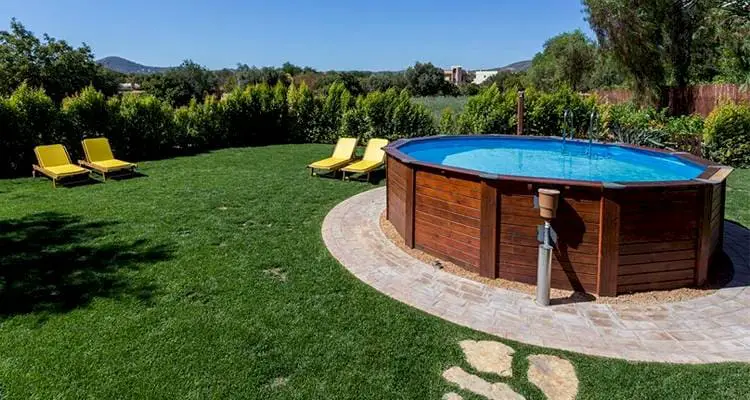When considering the installation of an in-ground pool, it’s crucial to understand the various costs involved. This investment not only enhances your home’s aesthetic and recreational value but also requires careful financial planning. Here’s a detailed overview of what you can expect when investing in an in-ground pool.
Initial Costs
1. Excavation and Construction
The initial step in installing an in-ground pool is excavation. This involves digging the area where the pool will be placed. The cost depends on the size of the pool and the type of soil. Rocky or difficult terrain can increase these costs significantly.
2. Materials
The material you choose for the pool impacts both the cost and the durability. Common materials include:
- Vinyl: The most cost-effective option, with a softer surface.
- Fiberglass: Mid-range cost, known for quick installation and low maintenance.
- Concrete: The most expensive option, but highly durable and customizable.
3. Labor
Labor costs can vary depending on the complexity of the project and the local labor rates. It usually constitutes a significant portion of the overall expenses.
Ongoing Costs
1. Maintenance
Regular maintenance is essential to keep the pool in good condition. This includes cleaning, chemical balancing, and equipment checks. Expect to spend on:
- Cleaning supplies and tools
- Pool chemicals
- Professional pool cleaning services
2. Utilities
Running a pool requires additional electricity and water, which will increase your utility bills. The pump and heating systems are the primary consumers of energy.
3. Repairs
Over time, pools may require repairs such as fixing leaks, resurfacing, or replacing equipment like pumps and heaters.
Additional Costs
1. Landscaping
Many homeowners choose to landscape around their new pool to enhance the recreational environment, which can include decking, patios, or gardens.
2. Features
Features like waterfalls, slides, or a hot tub add enjoyment but also add to the initial and ongoing costs.
3. Insurance
Having a pool can increase your home insurance premiums due to the increased liability risk. Check with your insurance provider to understand the additional costs.
Cost-Saving Tips
- Choose the right size and material for your needs and budget.
- Compare quotes from multiple contractors to ensure competitive pricing.
- Consider energy-efficient pool equipment to save on utility bills.
- Perform regular maintenance yourself to save on professional services.
Investing in an in-ground pool is a substantial commitment that offers significant leisure benefits. By understanding and planning for these costs, you can enjoy your pool without financial stress.


